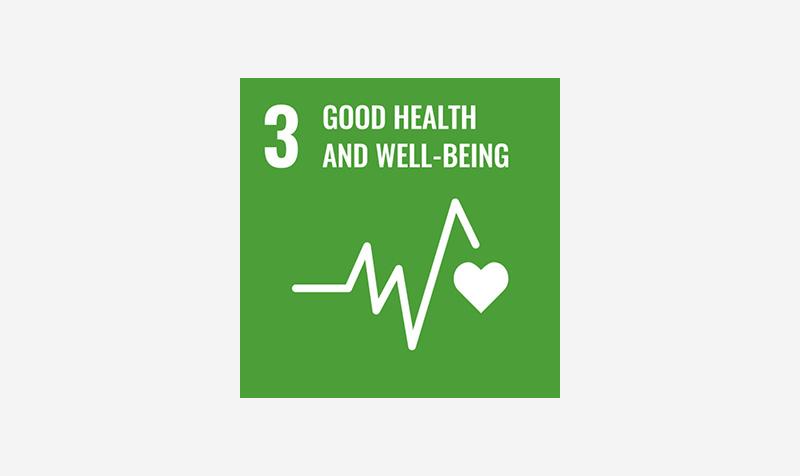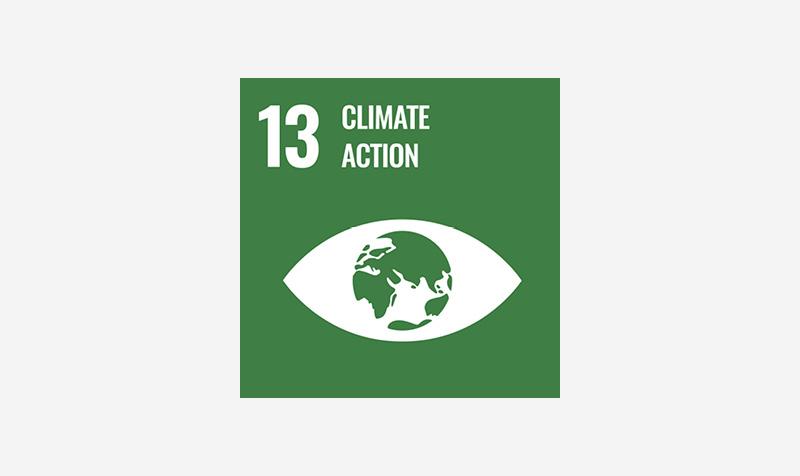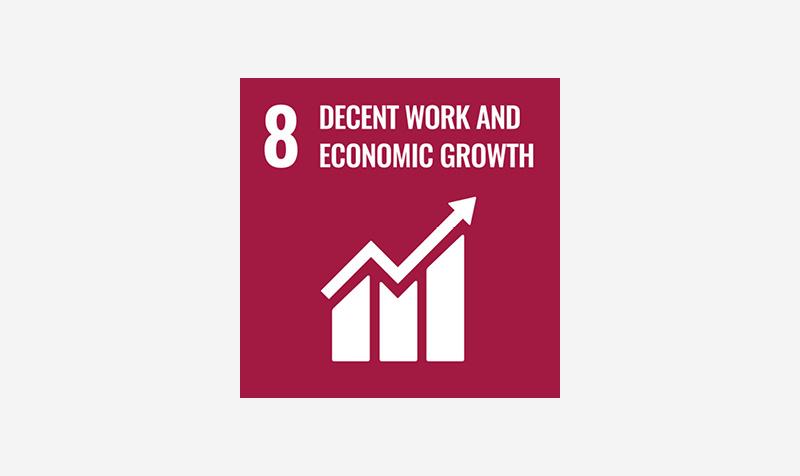We act as an agent for change because investment markets can only be as healthy as the environment and communities that support them.
We act as an agent for change by:
Using our ownership rights to improve the sustainability of the assets we invest in.
Bringing investors together to address systemic risks that have not had the attention they require.
Seeking to be a catalyst for change in the investment industry.
A Better World, not just a better portfolio
Our approach to engagement frequently goes beyond the constituents of our portfolios. We believe that this top‑down, or ‘systemic’ approach to stewardship can be the quickest and most efficient way of driving progress at the company level.
By helping accelerate progress in meeting the major global sustainability challenges, we seek to limit risks before they negatively impact the function of society and the performance of our clients’ investments.
How we create change
We believe that active ownership, the practice of working actively to encourage positive changes in companies’ business practices, is the most effective way that investors can help bring about positive real-world change.
Our approach incorporates:
Creating, convening and participating in collaborative shareholder initiatives to address some of the major sustainability challenges. By working with other investors, we can increase the impact of our engagement beyond just the companies we invest in.
Working directly with companies that we invest in to address specific sustainability risks they may face. This work includes engagement meetings with management, proxy voting at company meetings, attending AGMs, and filing shareholder resolutions.
Engaging with government to push for progressive regulation and legislation where we believe it is needed.
Key initiatives

Addressing modern slavery
We believe that businesses can play a key role in the fight to end modern slavery. We aim to use the power of investors to encourage more effective action to find, fix and prevent modern slavery.

Improving mental health
We have developed the CCLA Corporate Mental Health Benchmarks which rate companies’ policies and processes for protecting the mental health of their staff.

Accelerating climate action
We have pledged to achieve Net Zero emissions portfolios for listed equity no later than 2050 via real-world emissions reductions.
Engagement stories

Nestlé (nutrition)
Good nutrition is fundamental to good health and by engaging with food and beverage manufacturers on nutrition, we can play a role in improving public health. More than a billion servings of Nestlé products are consumed every day worldwide (Source: Nestlé), making the company a key player in this sphere.
We have been engaging with Nestlé on nutrition since 2017. In 2025, we took the role of lead investor for the Access to Nutrition Initiative coalition and attended the company’s AGM in Geneva. We asked the new CEO to prioritise this topic.
Since 2022, Nestlé has increased the age threshold from 13 to 16 for marketing unhealthy products; improved nutrition disclosure; and set a target on sales of healthier products. In 2025, it announced further commitments on disclosure. We will be visiting the company in October 2025 to work towards stronger targets on sales of healthier products.

Siemens (climate)
Climate change represents a significant threat to our planet, ecosystems and communities. As an industrial sector company, Siemens is defined as a ‘high impact’ company for its potential to contribute to climate mitigation. We have engaged with Siemens on climate action since 2023 through the Net Zero Engagement Initiative.
Specifically, we have been asking for a clearer climate transition plan, an increase in scope 3 emission reduction targets and better engagement on climate with suppliers. We attended the AGM in 2024 to reinforce these asks.
By early 2025, Siemens had raised its 2030 scope 3 emissions reduction target from 15% to 30% and expanded disclosure on supplier engagement. It has published a structured climate transition plan including a visual decarbonisation roadmap.
There is more to do, particularly around quantifying the impact of specific actions and we continue to engage with the company.

Coca-Cola (forced labour)
In 2024, the New York Times uncovered exploitative abuse, forced labour and coerced hysterectomies in the Maharashtra sugar cane industry in India.
CCLA led engagement on Coca-Cola on behalf of an investor coalition engaging sugar buyers in the region. We asked the company to tackle this issue and ensure effective grievance mechanisms for affected workers.
Coca-Cola agreed to implement training for mill management and labour brokers to improve recruitment and labour conditions. It also advanced plans to establish the Coalition for Responsible Sugar in India (CRSI).
Meanwhile, we are engaging with the Independent Sugar Workers Association (ISWA) and brokered the first meeting between ISWA representatives and the global sugar buyers (Unilever, Nestle, Coca-Cola, Mondelez, PepsiCo). In June 2025, the New York Times reported that the international pressure may be working and there are signs of change in the sugar industry in India. We will continue to engage on this topic.
